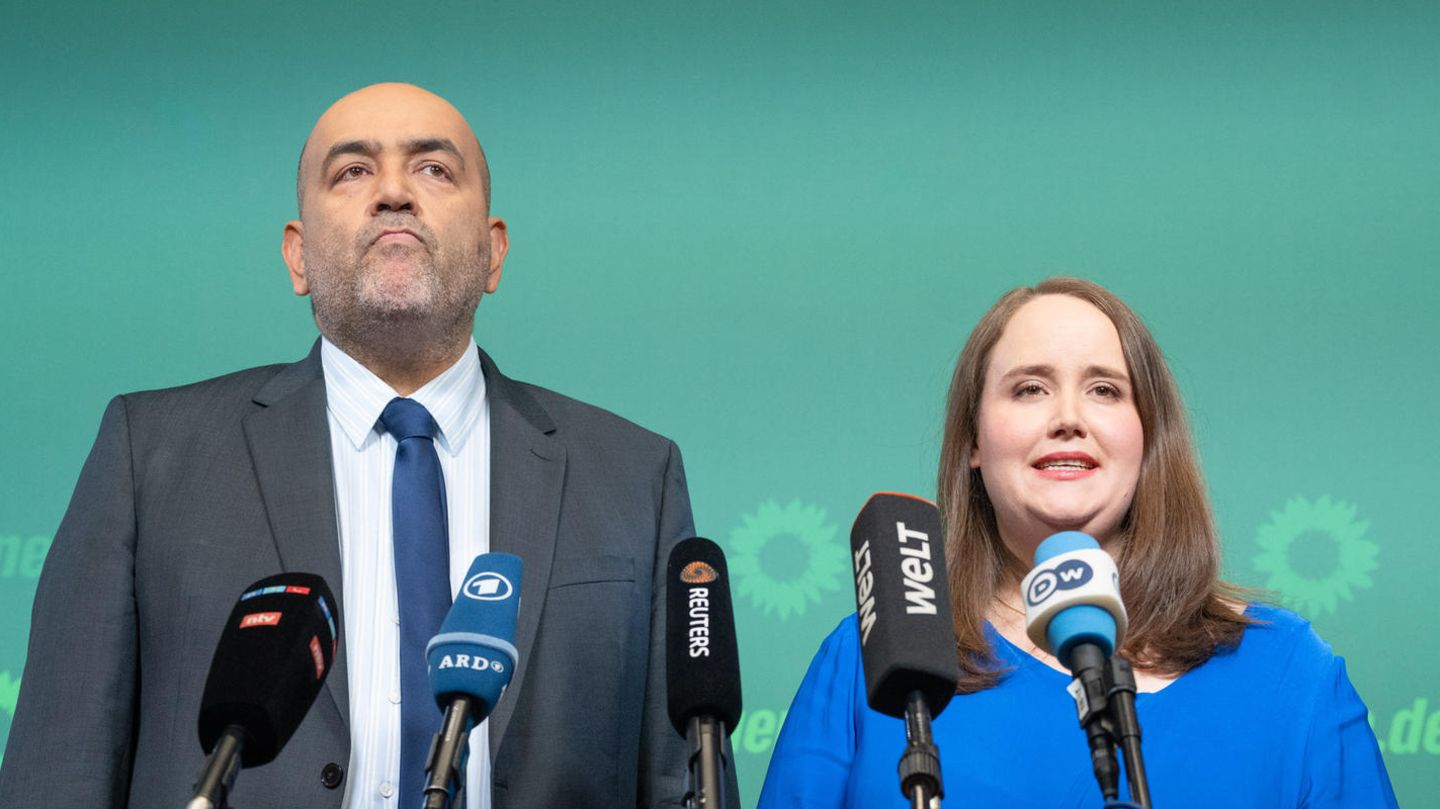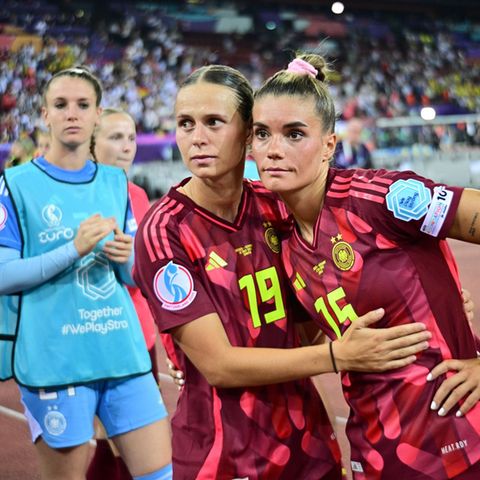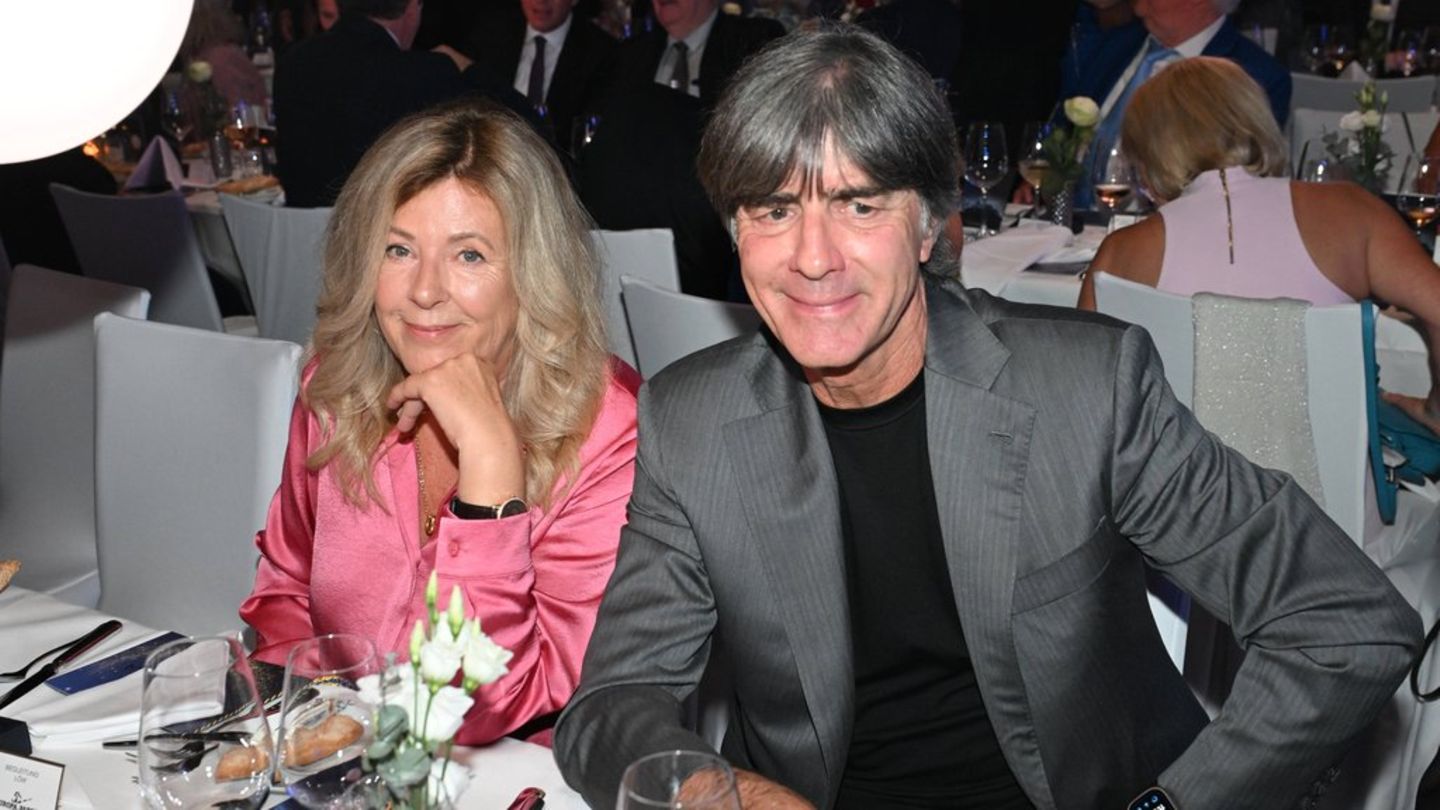The Greens are trying to break free, the SPD and FDP are wondering what will happen next with the traffic light coalition. Inside views of a worn-out coalition.
Omid Nouripour seems shaken. Is his voice about to break? That’s the impression you get. The Green Party member stands next to his co-chair Ricarda Lang in the party headquarters and announces a drastic step: “It’s time to put the fortunes of this great party into new hands,” he says.
Nouripour and Lang have led the Greens for less than three years, and now they are stepping down, along with the entire board. Their withdrawal is intended to be an attempt at a liberating move, to spark new momentum in light of the recent election defeats and poor polls. “New faces are needed to lead the party out of this crisis,” says Lang.
What does this mean for the traffic light coalition? The green quake is also shaking the coalition partners of the SPD and FDP. All three are tormented by the joint government alliance, dragging themselves from argument to argument and being punished for it in the polls and in elections. The Greens have now drawn the consequences – shouldn’t the SPD and FDP do the same? This question is in the air, the pressure on the others is increasing. Ultimately, the withdrawal of Lang and Nouripour also shows how serious and fundamental the traffic light crisis is.
“What the FDP is doing, well, my goodness, well, um…”
There is no sign of any of this the evening before, on the contrary: the traffic light coalition partners present themselves in rare unity, almost harmoniously. The “Berlin Network” has invited people to a party at the Spreespeicher. The SPD faction, which carries its self-image in its name, is celebrating its 25th anniversary. There is a greeting from Chancellor Olaf Scholz, Finance Minister Christian Lindner also gives a humorous speech, and Katharina Dröge, the co-faction leader, speaks for the Greens. She has obviously stepped in for Ricarda Lang, who was originally scheduled to speak according to the invitation.
Scholz emphasises the “idea of progress” that the coalition has made its theme, Dröge the “incredible value” of compromises that have still been achieved in this complicated constellation. And Lindner, the recalcitrant FDP leader, of all people, criticises the “mutual blocking of projects” as an unpleasant distraction from the actually good work of the traffic light coalition. On this Tuesday evening, everyone is back to themselves. The exhausting cooperation? It’s a long way away.
The centrifugal forces in the coalition are enormous, and one can hardly speak of a traffic light team spirit anymore. After the state elections in Brandenburg, which had practically no winners in federal politics, the mood, the motivation, together The number of people who are trying to get things moving has reached a new low. Ultimatums are being issued, red lines are being drawn and even the possibility of breaking up is being openly envisaged in order to push through their own pet projects before the next federal election, which normally takes place in twelve months. Will the traffic light coalition hold out until then?
FDP leader Lindner has already declared an “autumn of decisions” for the coalition if no progress is made on three issues that are important to the liberals: migration, economy, budget. Otherwise? Well. It was certainly not completely out of the blue when the now outgoing Green Party leader stated that the traffic light coalition will probably not live to see the great Feng Shui moment, a harmonious moment.
In this mixed situation, even Rolf Mützenich, the SPD parliamentary group leader who is always concerned with balance, seems to be at his wits’ end. On Tuesday afternoon, he is standing in the Bundestag and is struggling to find the right words when asked about the FDP’s latest announcements. “What the FDP is doing, yes, my goodness, well, um…” Mützenich begins. He thinks. And thinks. “It doesn’t help anyone if you become more and more radical in your language,” he finally says.
Does he fear a coalition breakdown? Mützenich confirms that the SPD wants to hold on to the coalition, and that there is no exit scenario. “If that happens elsewhere, I can’t stop anyone from doing it, but I don’t want to encourage them either.” When asked about the Feng Shui moment, the Social Democrat simply says: If others see the work in the Bundestag as a burden or are looking for therapy options, then that is their business, “but not mine.”
The SPD has long been in election campaign mode, and will not tolerate any more “postponement or delay” of the pension package, as SPD leader Lars Klingbeil made clear. This is certainly also in light of the fact that this is exactly what could happen: the law will be read in parliament for the first time on Friday, but the FDP faction has long since announced its need to speak. The Social Democrats are also on the attack in the fight for industrial jobs, vehemently demanding an industrial electricity price, for example, which the FDP rejects. So has the Chancellor so far.
At the SPD parliamentary group meeting, Scholz is said to have made it clear that energy costs must also be addressed, participants report. The Chancellor also reiterated his willingness to fight for every industrial job. This was the message that party leader Klingbeil had given to all MPs at the meeting for their constituencies. The FDP’s alleged flight fantasies are said to have played only a marginal role. The SPD is now concentrating on itself. All those who are waiting for the Chancellor to launch a liberating strike, whatever that might look like, are likely to become louder rather than quieter after the developments with the Greens.
Is this the salvation of the Greens?
Only the Greens have not been able to come up with any ideas on how to get their party back on track. On Wednesday, Nouripour spoke of the “deepest crisis in our party in a decade,” for which he and Ricarda Lang are now taking responsibility. They are not solely responsible for the Greens’ misery.
After all, they were not the ones who fabricated a heating law that seemed to confirm the worst prejudices about the Greens for many people. That was Vice Chancellor Robert Habeck, who is now set to become the candidate for chancellor. Mistakes of this magnitude cannot be found in the party leadership. In recent years, Lang and Nouripour have worked well together – almost a value in itself for a Green dual leadership. Even the most hardened realists regularly rave about Lang, the party’s left-winger, about her intelligence and her political talent.
Their successors are to be chosen at the Green Party conference in November, and until then they will hold office on an interim basis. It is still unclear whether a new party leadership can actually lead the Greens back into better waters. But at least something is moving, according to some Greens.
Habeck will probably be officially chosen as candidate for chancellor during the reshuffle in the coming weeks. This could actually create a new dynamic. After all, one of his closest confidants is now being considered for the position of party leader: Franziska Brantner from the Realo wing, previously State Secretary in Habeck’s Ministry of Economic Affairs. Another person from the left wing is likely to join. According to a report by “Table.Media”, Brantner had already been given the role of managing Habeck’s election campaign.
And so the coalition partners of the FDP and SPD are still somewhat at a loss as to how to interpret the withdrawal. Is the step just a foretaste, perhaps preparation for a coalition breakdown? Or is it just an internal problem, not one for the traffic light coalition? Are the Greens now throwing themselves fully into Habeck’s arms?
Officially, the leaders of the SPD and FDP thanked each other for the good cooperation over the last few years, the reliable and trusting cooperation – despite differences of opinion. “We are excited to see whether a new course will emerge under new leadership and what effects it will have on the government,” writes FDP leader Lindner on X.
They don’t yet know where the journey will take them. It certainly hasn’t been easy so far.
Source: Stern
I have been working in the news industry for over 6 years, first as a reporter and now as an editor. I have covered politics extensively, and my work has appeared in major newspapers and online news outlets around the world. In addition to my writing, I also contribute regularly to 24 Hours World.




